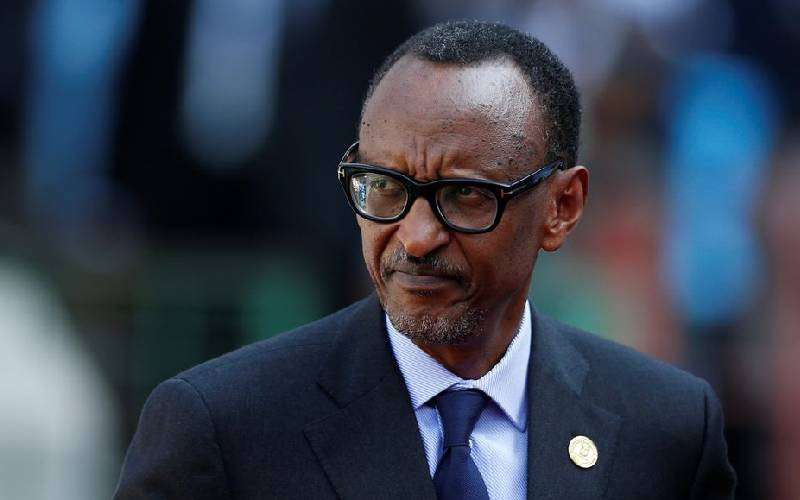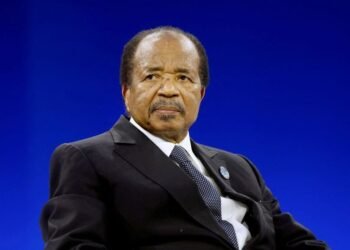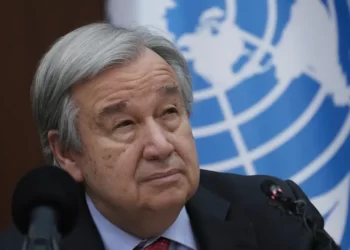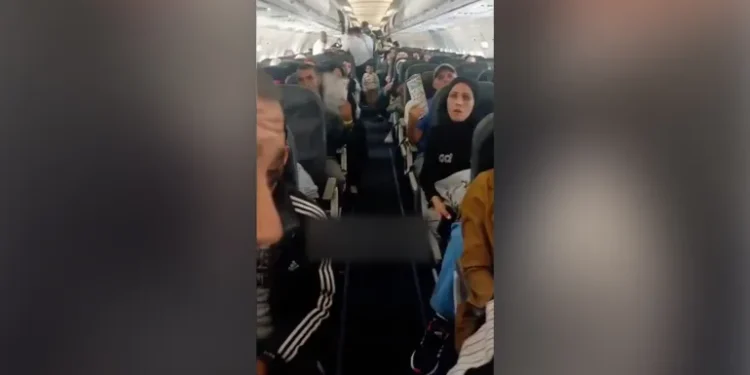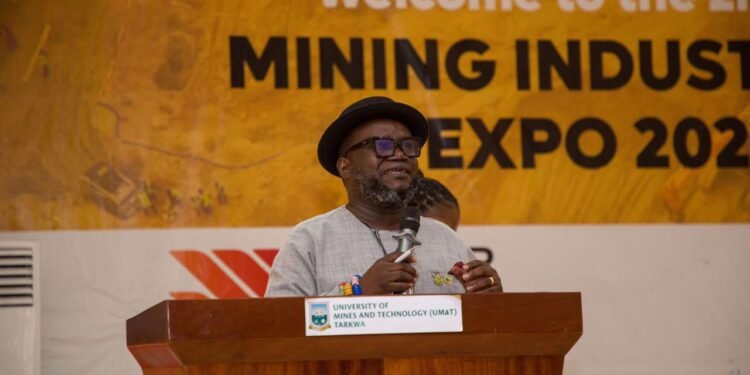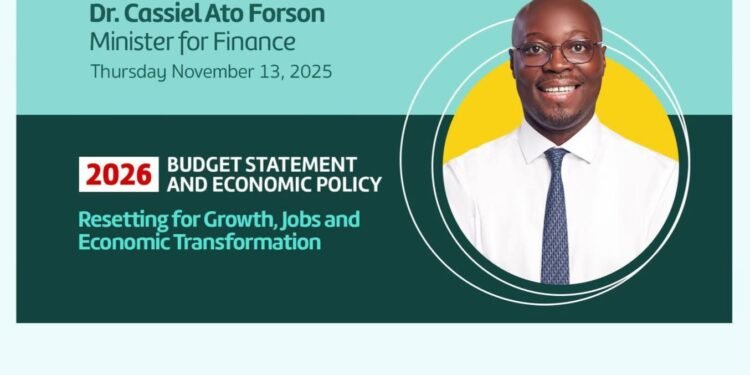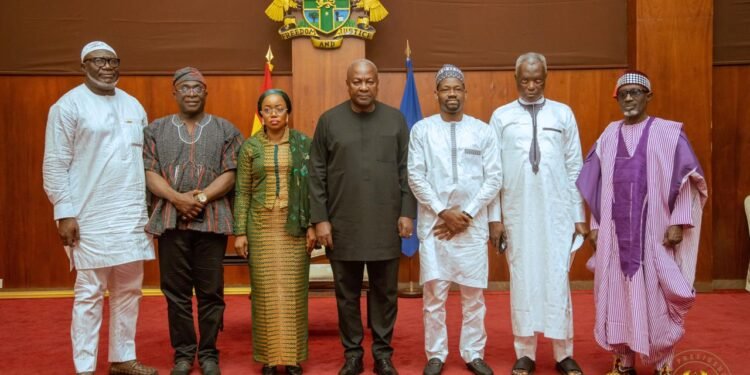On Monday, July 15, Rwandans will cast their votes in an election that is widely expected to prolong President Paul Kagame’s extensive rule.
Running virtually unopposed, Kagame is seeking a fourth term in office, continuing his three-decade grip on power in the East African nation.
Kagame’s campaign has been marked by enthusiastic crowds, suggesting the certainty of his victory. His rivals, Frank Habineza of the Democratic Green Party of Rwanda and independent candidate Philippe Mpayimana have struggled to draw significant support.
This election echoes the 2017 race, where Kagame secured nearly 99% of the vote against the same opponents. Observers anticipate a similar outcome, given the absence of substantial opposition.
Kagame, 66, rose to power as the leader of the rebel forces that ended Rwanda’s 1994 genocide, which claimed the lives of approximately 800,000 Tutsis and moderate Hutus.
Serving as vice president and the de facto leader from 1994 to 2000, he then officially assumed the presidency. Kagame’s tenure has been characterized by an authoritarian approach, with little tolerance for political dissent.
The election takes place against a backdrop of heightened insecurity in Africa’s Great Lakes region. The rebel group M23 is engaged in conflict with Congolese forces in eastern Congo, with UN experts reporting that 3,000 to 4,000 Rwandan troops are involved.
The US government has accused Rwanda of supporting M23, while Rwanda contends that Congo’s military has recruited fighters involved in the 1994 genocide.
Campaign rallies ended last week Saturday, with voting expected to extend Kagame’s rule by another five years. According to electoral authorities, 9.5 million Rwandans are registered to vote.
Human Rights Concerns
Human rights organizations continue to express concerns over severe restrictions on freedoms in Rwanda, including freedom of association.
Amnesty International recently highlighted issues such as “threats, arbitrary detention, prosecution on trumped-up charges, killings and enforced disappearances” aimed at political opposition.
Amnesty’s statement noted that the suppression of dissenting voices, including among civic groups and the press, “has a chilling effect and limits the space for debate for people of Rwanda.”
Since the 2017 election, at least two members of the opposition FDU-Inkingi party have vanished, with other mysterious deaths and killings reported.
FDU-Inkingi is the former party of Victoire Ingabire, a prominent opposition figure barred from running due to a previous criminal conviction.
Earlier this year, a Rwandan court rejected her request for legal rehabilitation, which would have allowed her to run for president.
Another critic, Diane Rwigara of the People Salvation Movement, saw her candidacy blocked for allegedly failing to show proof of sufficient support.

Both Ingabire and Rwigara accuse Kagame of obstructing their presidential aspirations.
Human Rights Watch has echoed these concerns, urging Rwandan authorities to ensure that all citizens can freely express their views and vote.
Kagame has remained steadfast in his vision for Rwanda, which has experienced significant economic growth since the genocide.
The country’s political system under his rule emphasizes strict obedience to authorities, with no tolerance for petty corruption, official incompetence, or urban disorder.
Critics argue that under such circumstances, opposing Kagame is nearly impossible. Accusations of authoritarianism were central to opposition against a now-abandoned scheme by UK authorities to deport asylum-seekers to Rwanda.
In a recent campaign rally, Kagame defended the election process, despite criticisms about the predictability of the outcome. “Democracy means to choose what is good for you, what you want, and the fact that you are free to make your choice,” he said.
Supporters credit Kagame’s government with reducing poverty, expanding medical insurance coverage, and transforming the capital, Kigali, into a clean, well-developed city.
Many Rwandans view Kagame’s strong leadership as a stabilizing force. Eric Ndushabandi, a political science professor at the University of Rwanda, noted that while Kagame has detractors, “Rwandans believe when Kagame is still in charge, bad political situations of the past that led to genocide cannot repeat.”
READ ALSO: NDC Activist Chides Bawumia Over NPP’s Superior Economic Management Claims

